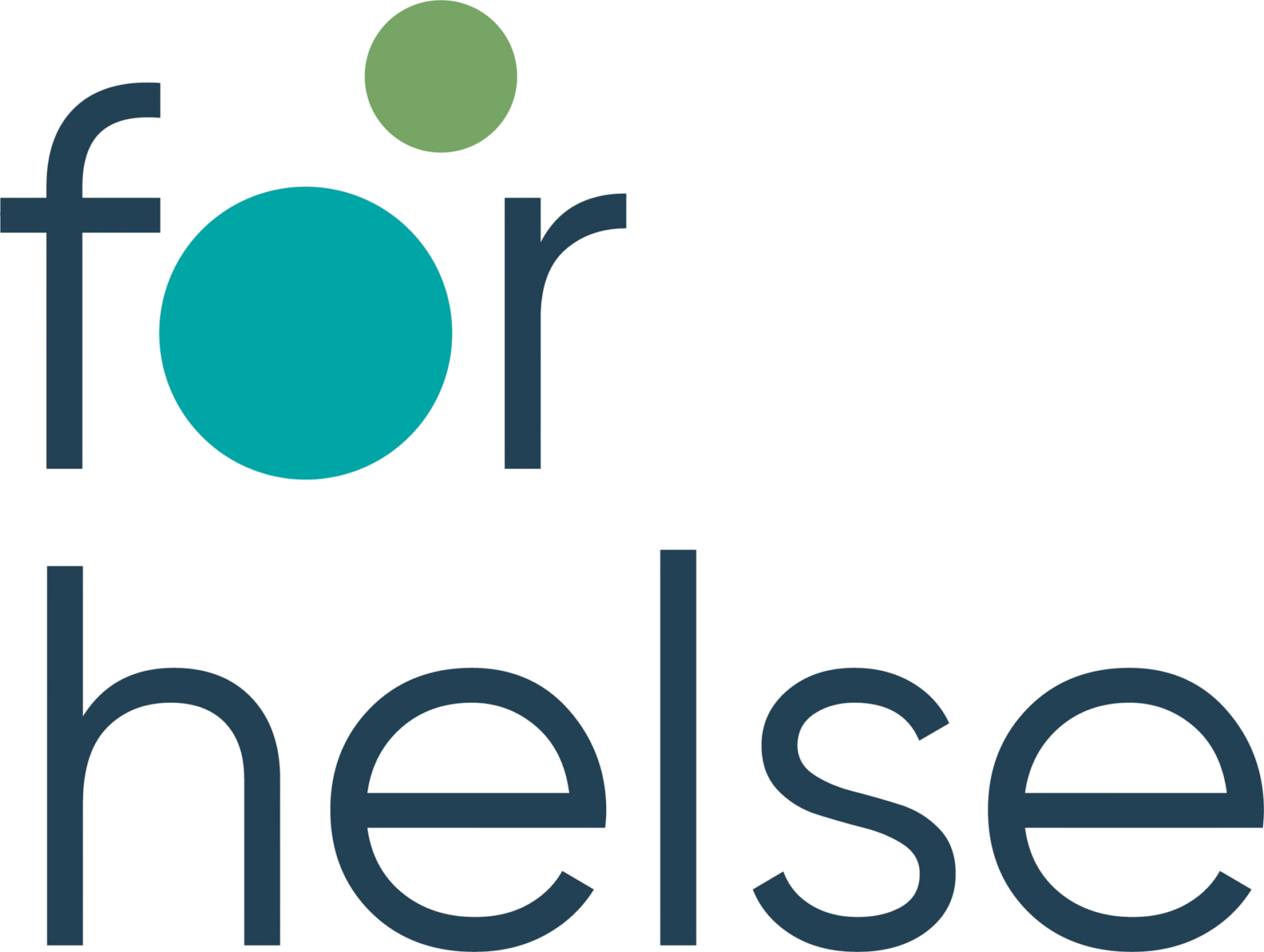Meet PhD fellow, Guri-Elise Holgersen

Guri-Elise Holgersen is one of several newly employed research fellows that the section is lucky enough to have on the team. We have had a chat with Holgersen to get to know her better and the work she will be doing in the next three years.
Holgersen is associated with the UngMeistring project, which will develop and research digital treatment for children and young people with ADHD, eating disorders, depression and anxiety. You can read more about UngMeistring here.
-Why did you want to be a part of UngMeistring?
– I applied for a PhD scholarship in UngMeistring because I want to be part of the exciting development in mental healthcare for children and young people. I am looking forward to being involved in developing and researching new forms of treatment that can help young people in everyday life. Holgersen adds that she is passionate about helping vulnerable young people. – Having a serious mental illness in addition to being in a period of life that is itself chaotic, I think most of us cannot imagine the extent of it, says Holgersen.
Holgersen is a trained clinical child welfare officer with special training in children and young people’s mental health. She has many years of experience in clinical mental health care for children and young people and ambulatory services, the Psychosis team at Haukeland.
The anchoring of the research in digital treatment
Holgersen will develop and research the effects of digital treatment of eating disorders. The work belongs to work package 1 in UngMeistring. Holgersen’s knowledge is relevant in the development of forms of treatment for young people, and she also has experience in developing digital tools for treatment. Among other things, VR-treatment has been developed in the Psychosis team.
– What do you think will be important in the digital future?
– I think it will be important that apps and digital treatments that are developed are rooted in research. Downloading an app is something that the vast majority of people have access to do. The commercialization potential may overshadow the quality of the help provided. If a self-help app is not rooted in evidence-based methods, it is not certain that it will provide the “right” help. Something that can in turn reduce the user’s hope, Holgersen points out.
UngMeistring started on 1 April 2022, and Holgersen started at the research center just over the summer. Although it is still early, she is well underway with her work.
– Right now I am writing an application to REK (Regional Committees for Medical and Health Research Ethics) which deals with the development of a digital treatment for young people with eating disorders. The aim here is to involve young people who have experience with treatment of an eating disorder in the development process. The overall aim of the project is to increase access to knowledge-based mental health services for young people with eating disorders, through the use of digital treatment.
– What challenges do you see yourself potentially encountering along the way? – I can’t think of any specific challenges right now, but everyone tells me that being a PhD student is a challenge in itself, says Holgersen cheerfully.
– And lastly, we wonder what makes you look forward to going to work?
– I look forward to going to work because it is incredibly rewarding to be part of an exciting project, with such a nice group of enjoyable and competent people. The impression of the Research Center is incredibly positive. Everyone is committed, positive and welcoming, Holgersen concludes.
